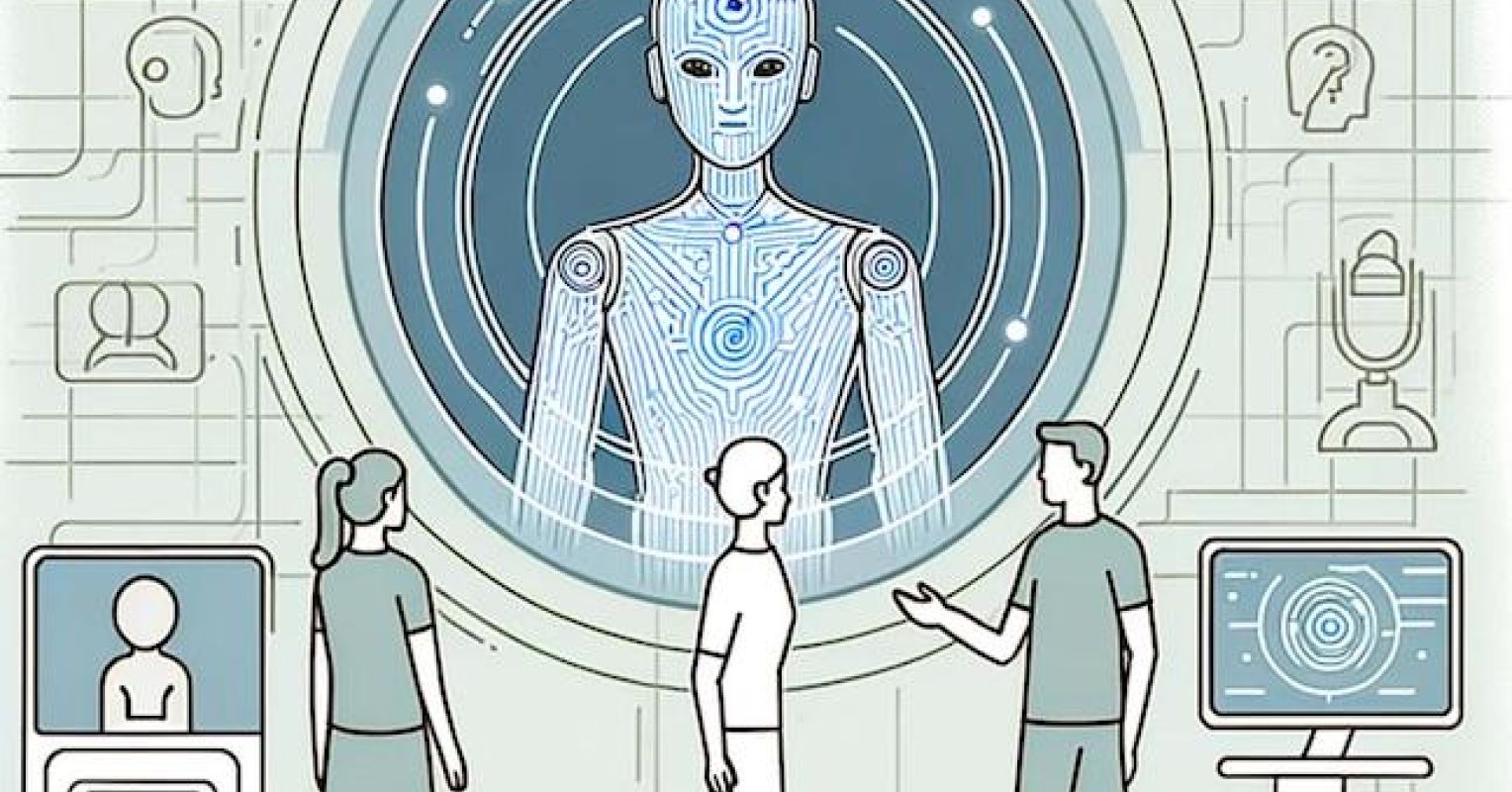Get the latest tech news
UCSD: Large Language Models Pass the Turing Test
We evaluated 4 systems (ELIZA, GPT-4o, LLaMa-3.1-405B, and GPT-4.5) in two randomised, controlled, and pre-registered Turing tests on independent populations. Participants had 5 minute conversations simultaneously with another human participant and one of these systems before judging which conversational partner they thought was human. When prompted to adopt a humanlike persona, GPT-4.5 was judged to be the human 73% of the time: significantly more often than interrogators selected the real human participant. LLaMa-3.1, with the same prompt, was judged to be the human 56% of the time -- not significantly more or less often than the humans they were being compared to -- while baseline models (ELIZA and GPT-4o) achieved win rates significantly below chance (23% and 21% respectively). The results constitute the first empirical evidence that any artificial system passes a standard three-party Turing test. The results have implications for debates about what kind of intelligence is exhibited by Large Language Models (LLMs), and the social and economic impacts these systems are likely to have.
View a PDF of the paper titled Large Language Models Pass the Turing Test, by Cameron R. Jones and Benjamin K. Bergen View PDFHTML (experimental) Abstract:We evaluated 4 systems (ELIZA, GPT-4o, LLaMa-3.1-405B, and GPT-4.5) in two randomised, controlled, and pre-registered Turing tests on independent populations. The results have implications for debates about what kind of intelligence is exhibited by Large Language Models (LLMs), and the social and economic impacts these systems are likely to have.
Or read this on Hacker News


